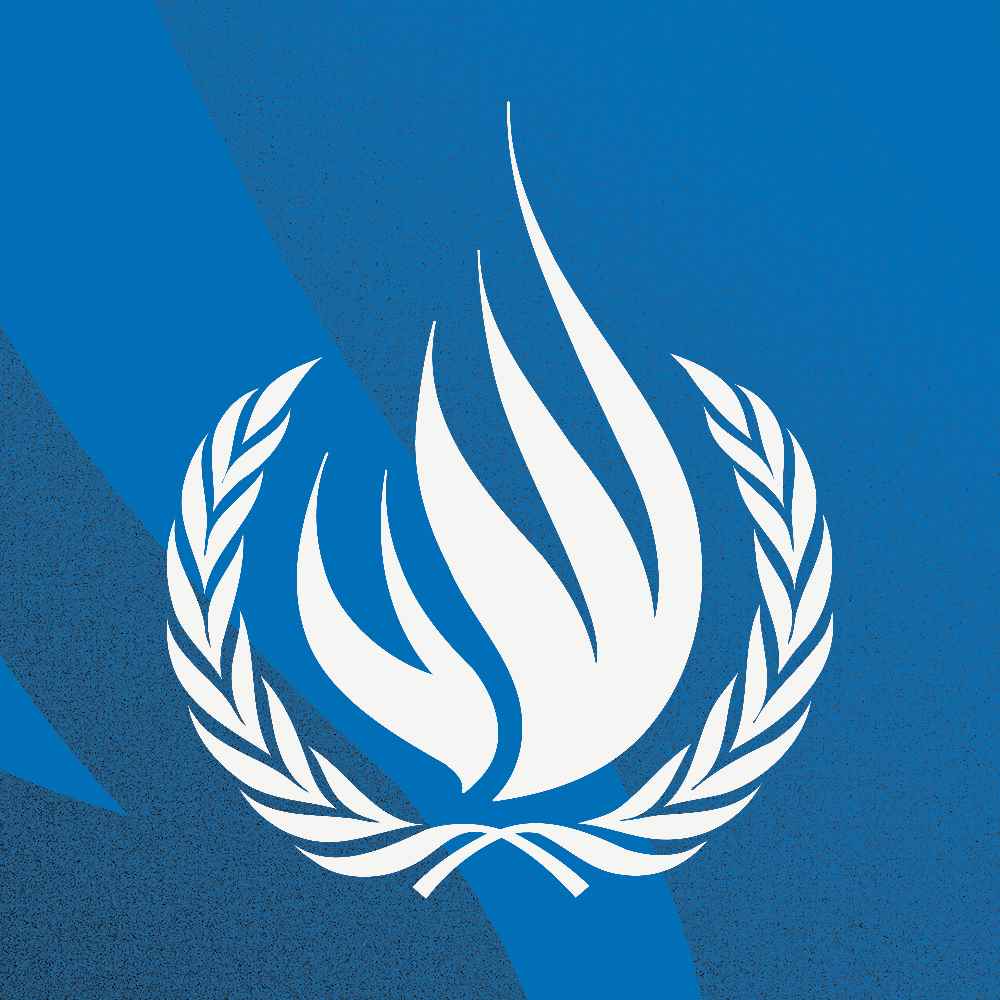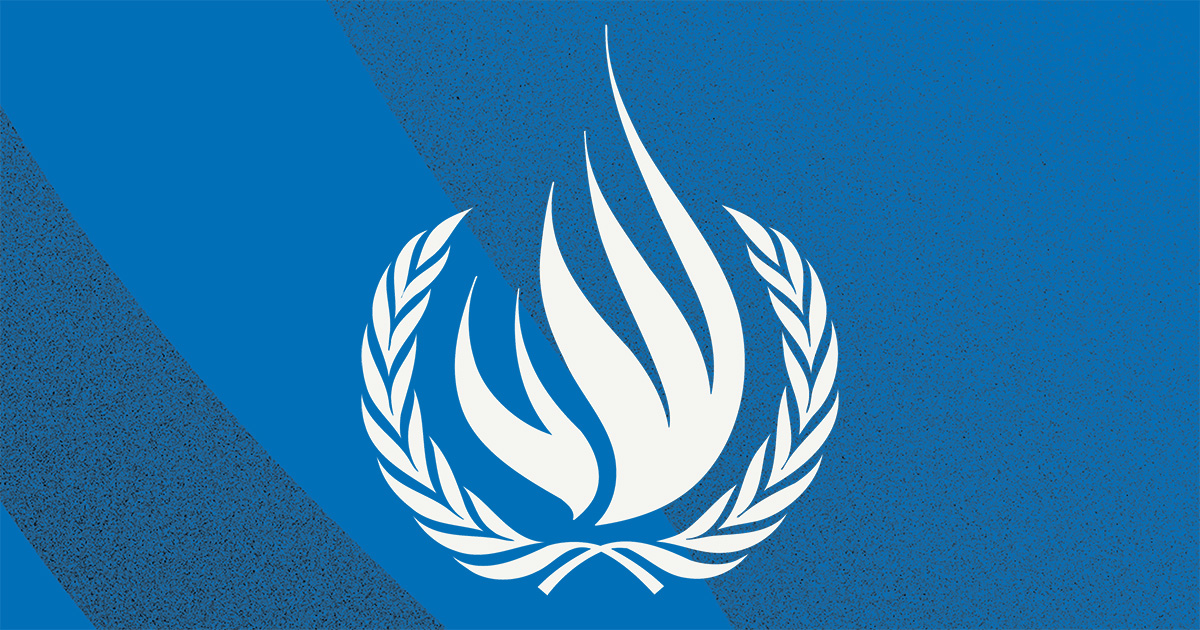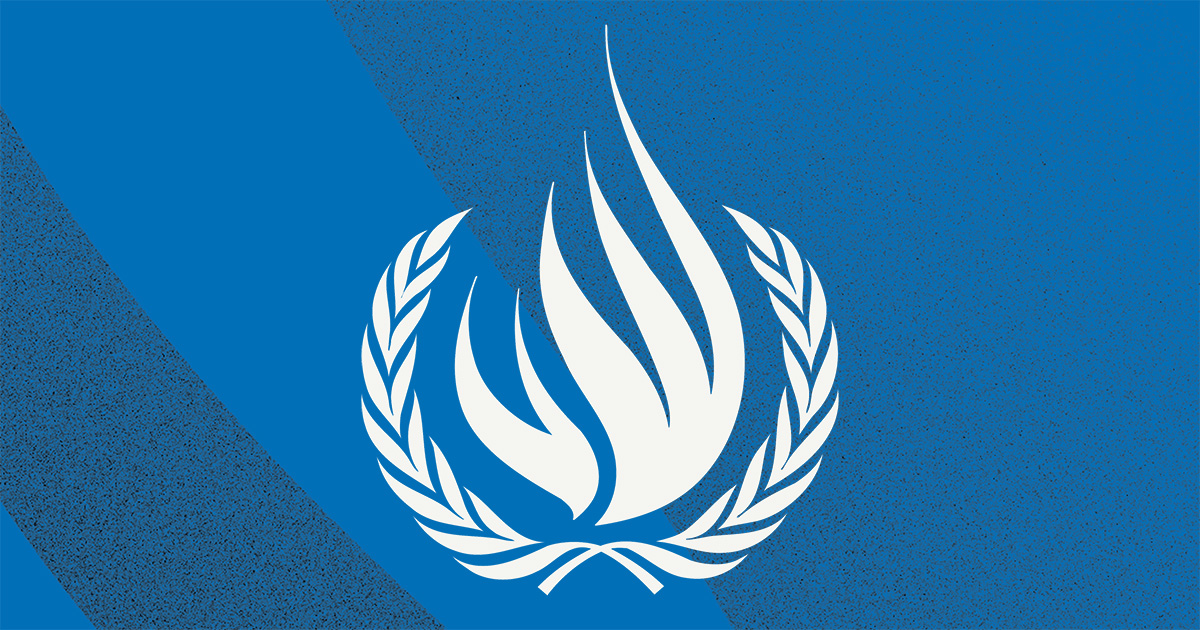
The Human Rights Council this afternoon continued its general debate on its agenda item nine on racism, racial discrimination, xenophobia and related forms of intolerance, follow-up to and implementation of the Durban Declaration and Programme of Action.
In the discussion, some speakers welcomed the opportunity to express their commitment to countering racism and racial discrimination in all its forms, both at home and abroad. Racism, discrimination, xenophobia and intolerance in all its forms were strongly opposed. The United Nations Secretary-General, Antonio Guterres, was quoted as saying that racism continued to poison institutions, social structures, and everyday life in every society. The Durban Declaration was a firm commitment of the international community to tackle racism, racial discrimination, xenophobia, and related intolerance at the national, regional and international levels.
Recognition that no country could claim to be free of racism, and that racism was a global concern and that tackling it should be a universal effort, was considered an important achievement.
However, more than 20 years after the adoption of the Durban Declaration and Programme of Action, racism, racial discrimination, xenophobia, hate speech and related intolerance remained widespread worldwide. The objectives set out in the Durban Declaration and Programme of Action were far from being attained. The multidimensional global crisis generated by the COVID-19 pandemic had increased inequalities and racial discrimination in some countries. Some of the most vexatious and deeply pervasive forms of racism manifested in subtle ways throughout all societies. Such institutionalised forms of racism called for unified and uncompromising action on a global scale. States should do their utmost to detect and combat racism. The international community needed to come together to condemn racial discrimination in all its forms and manifestations, as well as cultivate a culture of tolerance, racial equality and genuine respect of all human rights of all peoples. Calls for action to address racism, racial discrimination, xenophobia, and all kinds of related intolerance with greater determination and political will were made. Concerns were expressed about the re-emergence of such abhorrent practices in different parts of the world which constituted serious violations of human rights and fundamental freedoms. Speakers recognised that their persistence was rooted in fear: fear of what was different, fear of the other, and fear of the loss of personal security.
Speakers regretted that despite positive steps racism, racial discrimination, xenophobia and other forms of intolerance still constituted the reality of hundreds of thousands of victims of discrimination and hatred on the basis of religion, race or colour, and more particularly amongst immigrants and asylum seekers. Many peoples suffered and were still suffering from the danger of racism or racial discrimination, a doctrine based on segregation between people according to their ethnic origins or skin colour. Extremist policies continued to spread, promoting stereotypical images of ethnic and religious minorities. Islamophobia and anti-Semitism were denounced. Concerns over growing prejudices, hatred, and religious profiling against Muslims in many parts of the world were expressed. Repeated attacks against Jewish communities in recent years revealed the extent of the hatred against Jews worldwide. Many of these perpetrators were being radicalised online. Violence against any religious, ethnic or other minority community needed to be forcefully condemned by all nations. The specific situation of people from African descent in multiple countries was highlighted. One speaker was encouraged by the commitment of some recently appointed experts and members of mechanisms to centre their work on impacted individuals, families and communities of people of African descent in ways that prioritised justice, accountability, together with their wellbeing, dignity, and humanity.
Calls were made for the international community to continue to actively implement the Durban Declaration and Programme of Action and to take strong initiatives to comprehensively eliminate all forms of racism and discrimination and achieve racial justice and equality. It had become imperative for States and other relevant stakeholders to demonstrate concrete commitment to the effective and comprehensive implementation of this important document. Great concern was expressed about the concerted efforts by some, to obliterate and undermine the implementation of the Durban Declaration. Calls were made to strongly resist any attempts to delete reference to the Declaration from draft resolutions. Other speakers believed that the Human Rights Council, for too long, had omitted to effectively provide sufficient resources for the mechanisms that were tasked with addressing racism, racial discrimination, xenophobia, and all kinds of related intolerance. Some speakers believed that the Durban refrain promoted racism and xenophobia by weaponising the history of apartheid against the people of Israel. Thirty-eight democratic nations had refused to celebrate the twentieth year of the Durban legacy of hate. Despite aiming at combatting racism and intolerance, the Durban Declaration was instead symbolic of the enduring scourge of anti-Semitism. In times of global crisis, people looked for a scapegoat for their problems and in recent times, that scapegoat was also often Israel, the Jewish State, and the Jews among nations.
Further speakers believed in the importance of strengthening and supporting all regional and international efforts aimed at completely eliminating all discriminatory practices that directly threatened the full enjoyment of all human rights. Discussion, though necessary, was deemed not enough. Action was needed. Furthermore, it was deemed necessary to work on the development of legal frameworks to criminalise racism, in order to ensure accountability and reparation, as well as intensifying societal awareness. Member States should work to put in place laws, programmes and policies that deterred all forms of racism, discrimination and hate speech, based on their full commitment to all international conventions and treaties, especially the Convention against All Forms of Racial Discrimination. Spreading the values of diversity and tolerance, as an important tool in combatting all forms of racism and extremism, was deemed necessary. Calls were made to governments to try and narrow the circle of differences between tribes and factions and impose penalties on those who stirred up strife and disputes between members of the same community. The major role that educational institutions had in educating the new generation and implanting ideas of tolerance in their minds and souls was highlighted.
The general debate on agenda item nine on racism, racial discrimination, xenophobia and related forms of intolerance, follow-up to and implementation of the Durban Declaration and Programme of Action, started in the morning meeting and a summary can be found here.
Speaking in the general discussion on racism and racial discrimination were Azerbaijan on behalf of the Non-Aligned Movement, Saudi Arabia on behalf of the Gulf Cooperation Council, Morocco on behalf of the Group of Arab States, Brazil on behalf of the Community of Portuguese-speaking Countries, Germany, China, Venezuela, Cuba, Nepal, Libya, Namibia, Luxembourg, India, Armenia, Pakistan, Indonesia, Russian Federation, Benin, United States, Malawi, Bolivia, Ukraine, Mauritania, European Union on behalf of a group of countries, Democratic People"s Republic of Korea, Israel, Egypt, Iraq, Sierra Leone, Djibouti, Nigeria, Ecuador, Kenya, Morocco, Algeria, South Africa, Bangladesh, Belarus, Tunisia, Afghanistan, Turkey, Azerbaijan, Nicaragua, Botswana, Portugal, Dominican Republic, Mozambique, Peru, Syria, Iran, Ghana, Colombia and Georgia.
Also speaking were International Youth and Student Movement for the United Nations, World Jewish Congress, European Centre for Law and Justice, Touro Law Center, Al-Haq, Law in the Service of Man, International Association of Jewish Lawyers and Jurists, Friends World Committee for Consultation, International Service for Human Rights, Association d"Entraide Médicale Guinée, Organization for Defending Victims of Violence, United Nations Association of China, Institute for NGO Research, Solidarité Suisse-Guinée, Asociacion HazteOir.org, Cairo Institute for Human Rights Studies, Interfaith International, International Humanist and Ethical Union, China Foundation for Human Rights Development, Ingenieurs du Monde, Global Institute for Water, Environment and Health, Al Baraem Association for Charitable Work, Youth Parliament for SDG, Sikh Human Rights Group, International Council Supporting Fair Trial and Human Rights, American Civil Liberties Union, Zero Pauvre Afrique, Association Ma"onah for Human Rights and Immigration, Human Rights Information and Training Centre, Platform for Youth Integration and Volunteerism, Meezaan Center for Human Rights, Rencontre Africaine pour la defense des droits de l"homme, Organisation internationale pour les pays les moins avancés (OIPMA), International Organization for the Elimination of All Forms of Racial Discrimination, Global Appreciation and Skills Training Network, Americans for Democracy & Human Rights in Bahrain Inc, Justiça Global, Alsalam Foundation, Iraqi Development Organization, Centre Zagros pour les Droits de l"Homme, and Indigenous People of Africa Coordinating Committee, Global Welfare Association.
The webcast of the Human Rights Council meetings can be found here. All meeting summaries can be found here. Documents and reports related to the Human Rights Council’s forty-ninth regular session can be found here.
The Council will reconvene at 10 a.m. on Tuesday, 29 March, to conclude its general debate on racism and racial discrimination. It will then open its agenda item 10 on technical assistance and capacity building and hold an enhanced interactive dialogue on the oral updates of the High Commissioner and the team of international experts and on technical assistance and capacity building in the field of human rights in the Democratic Republic of the Congo, followed by the interactive dialogue with the Special Rapporteur on the situation of human rights in Cambodia.
Link: https://www.ungeneva.org/en/news-media/meeting-summary/2022/03/afternoon-human-rights-council-continues-general-debate-racism









